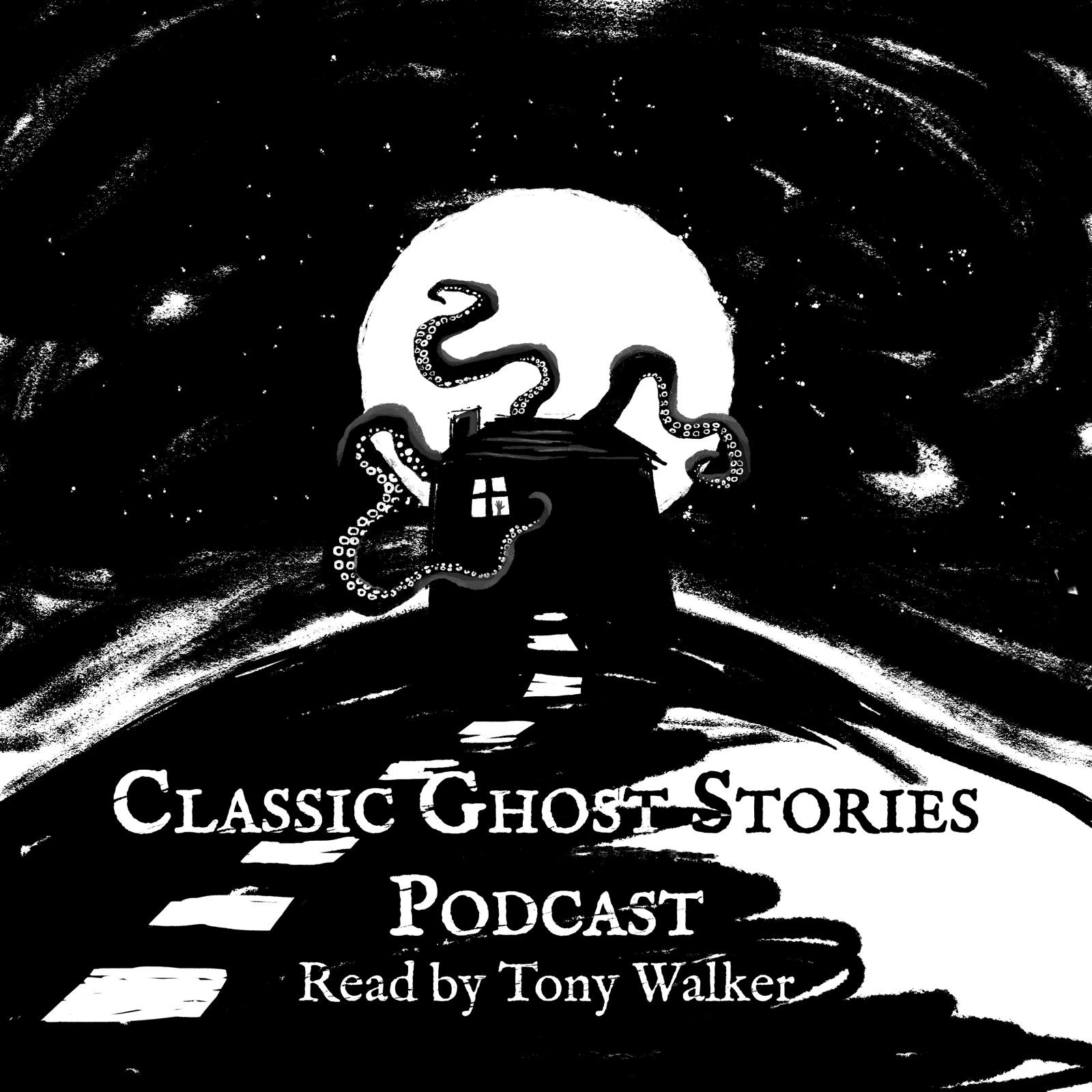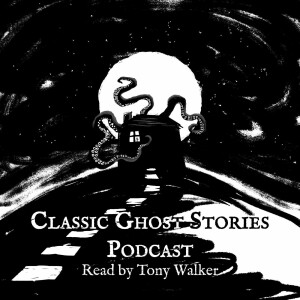
Edward John Moreton Drax Plunkett, 18th Baron Dunsany
Edward John Moreton Draw Plunkett, or Lord Dunsany was known to his friends as Eddie. Lord Dunsany was born in 1878 in London England and died in 1957 in Dublin Ireland.
Though born in England, he was heir to the oldest inhabited house in Ireland: Dunsany Castle near Tara. In County Meath.
He worked to support the Abbey Theatre in Dublin with W B Yeats and Lady Gregory. In addition he was chess and pistol champion of Ireland. He was also a great traveller and, as you can tell from this story: he was a habitual hunter with horse and hounds.
He was a prolific writer produced over ninety volumes of fiction, essays, poems and plays. His most famous book is possibly The King of Elfland’s Daughter and he is thought to be the first fantasy writer who set out the later genre that produced the Narnia books and The Lord of the Rings and ultimately Game of Thrones.
Thirteen At Table
This story was suggested by Mike Jenkins. We have a beautiful description of the Kent countryside on a spring evening as they follow the fox. This is indeed a fox hunt and may not be to everyone’s taste but is part of the story. I like the idea that a gentleman at hounds may request a bed from any other gentleman who has a gentleman’s house.
It’s s simple tale thereafter. We have host, Sir Richard Arlen, who says he has lived a wicked life. What he has done to this succession of women that means he has to dine with them every night for the past fifty years is not explained. But we understand he has wronged them and we guess perhaps he was somewhat of a rake.
As the dinner goes on. It is explained that Mr Linton drinks a lot as he is dehydrated. He is also tired. He starts off by humouring the guest and then takes to his story of his wonderful twenty point hunt. The best hunt that ever was and a tale that grows in the telling. I am thinking this is a good humoured dig at huntsmen and their stories.
And as he feels the need for an audience to tell his tale, slowly the ghosts become visible to Mr Linton and he begins to treat them as real people rather than as figments of his imagination. It is so slowly and delicately done that it is very effective and smooth.
In the end he offends the ghosts by something he said. They are clearly very sensitive and collect slights. He is mortified, but the host is supremely grateful.
There is a happy ending in that Sir Richard Arlen
It’s a humorous and pretty story. I haven’t read much Dunsany, but I’m keen to read more now.
This is a public episode. If you’d like to discuss this with other subscribers or get access to bonus episodes, visit tonywalker.substack.com/subscribe
More Episodes
 2024-10-22
2024-10-22
 2024-09-29
2024-09-29
 2024-09-26
2024-09-26
 2024-06-11
2024-06-11
 2024-05-24
2024-05-24
 2024-05-11
2024-05-11
 2024-05-03
2024-05-03
 2024-03-28
2024-03-28
 2024-03-22
2024-03-22
 2024-03-12
2024-03-12
 2024-03-10
2024-03-10
 2023-05-07
2023-05-07
 2023-04-15
2023-04-15
 2023-04-08
2023-04-08
 2023-04-04
2023-04-04
 2023-03-18
2023-03-18
 2023-03-11
2023-03-11
 2023-02-03
2023-02-03
Create your
podcast in
minutes
- Full-featured podcast site
- Unlimited storage and bandwidth
- Comprehensive podcast stats
- Distribute to Apple Podcasts, Spotify, and more
- Make money with your podcast
It is Free
- Privacy Policy
- Cookie Policy
- Terms of Use
- Consent Preferences
- Copyright © 2015-2024 Podbean.com






